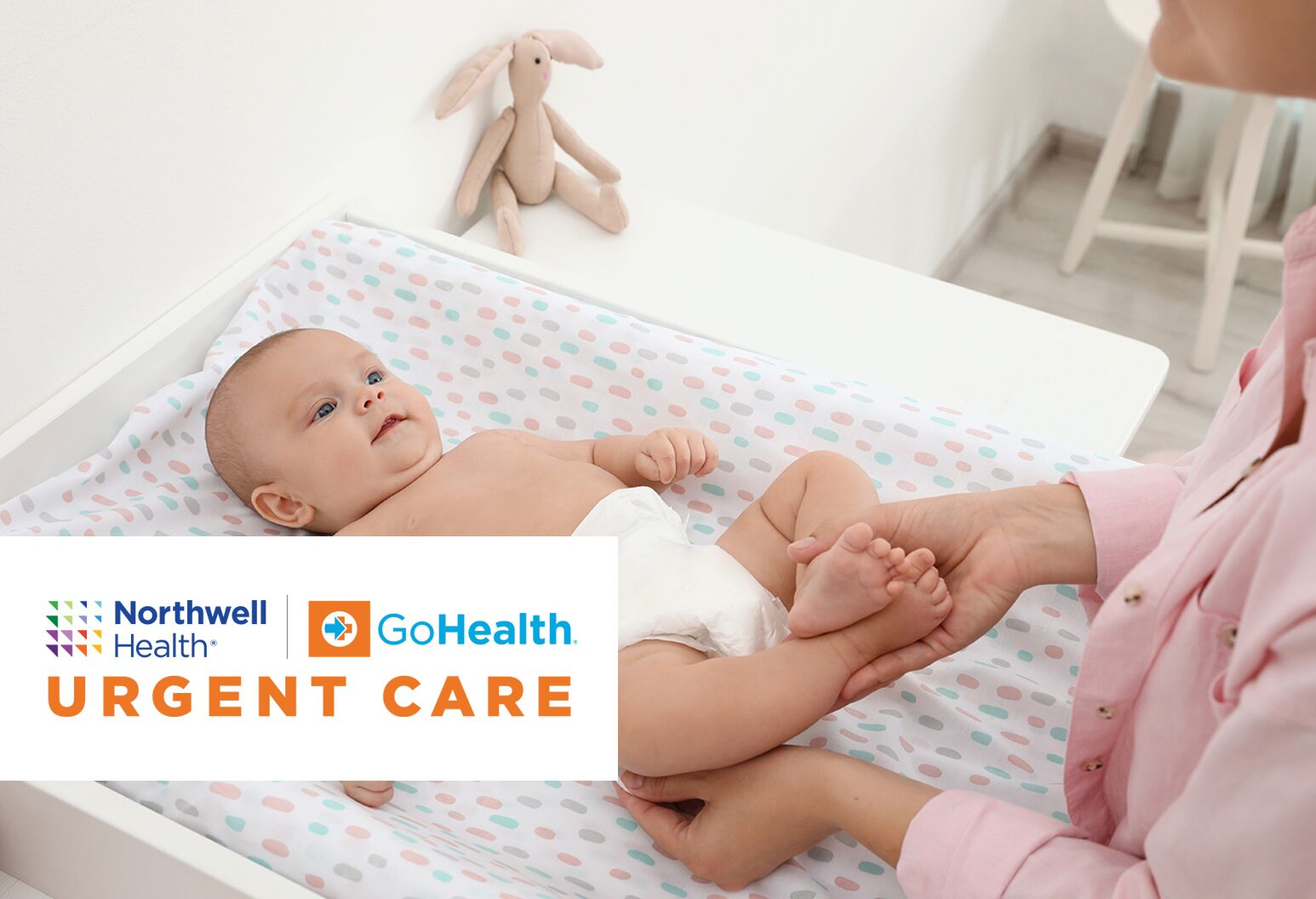parenting
My Ex Doesn't Want To Co-Parent

You can tell a lot about your newborn’s health through their pooping habits. Here’s what to look out for.
4 min read
*The Well is proud to present the following content in partnership with Northwell Health-GoHealth Urgent Care centers. This piece originally appeared on GoHealth’s Health Library and has been republished on The Well with permission.
Although newborns typically don't do much beyond eat, sleep, pee, and poop, being a new parent is still stressful. Not only are there plenty of sleepless nights, but your waking hours are often filled with worry over whether your baby is doing all those things as often as they should.
When it comes to pooping, it’s important to remember that every baby is different. And the number of times your infant poops in a day or week will depend on their age and whether they’re drinking formula or breast milk.
Here are some general guidelines when it comes to your newborn and pooping that can hopefully put your mind at ease.
In the first 24-48 hours after birth, newborns pass a thick, sticky, dark-colored substance called meconium, which consists of what they’ve consumed while inside the uterus. Once the meconium has passed and up to around six weeks, infants will typically poop two to five times per day.
A baby fed breast milk will likely poop three to six times a day, often in small amounts and sometimes just a squirt. Some breastfed newborns may not poop for a few days or infrequently poop because breast milk is digested differently for every baby. As long as your child is peeing several times a day, there’s no cause for worry. Still, don’t hesitate to reach out to your pediatrician with any questions or concerns.
By providing your email address, you agree to receive email communication from The Well.
As far as appearance, a breastfed baby’s poop is typically yellow or light brown. It may smell slightly like butter or buttered popcorn and have small yellow flecks in it or look “seedy.”
Formula-fed babies poop typically three to four times per day, but it’s not uncommon for them to go as long as four days without pooping. The poop is typically yellow or brown with a pastier consistency and a stronger smell.
Paying attention to the frequency, consistency, and color of your newborn’s poop is one way to ensure your baby is growing properly and getting enough food. Monitoring poop might be particularly important when breastfeeding because you’re unable to tell exactly how much the baby is getting during a feeding.
Track how often your baby is pooping and monitor the color or texture of their stool. If there’s a significant change in color or consistency without any change to their diet, it can’t hurt to give your pediatrician a call.
If you notice any of these signs, call your pediatrician.
What colors are normal for newborn poop?
Normal colors of newborn poop are yellow, brown, and orange. Green poop could be a sign of an illness, especially if there are other symptoms, such as fever or diarrhea. Infants younger than 1 week old typically have black poop, but if the poop is black past this first week, contact your pediatrician as it could be a sign of a liver or gallbladder problem.
Other poop colors that are a cause for concern are red, white, or gray. If your baby has these poop colors, it’s important to consult with a health care provider.
How often should a newborn poop?
A newborn can poop three to five times per day, typically after every meal. But this may not always be the case. The frequency will depend on the infant's diet, age, and other factors. In fact, newborns can poop anywhere from multiple times per day to as little as once per week.
The Well is Northwell Health’s commitment to the future of health care. In this time of information overabundance, much of which is inaccurate, unhelpful, or even difficult to understand, Northwell Health is on a mission to make a difference as an honest, trusted, and caring partner. The site connects with consumers to provide them with personalized content that reduces their stress, makes them laugh, and ultimately feel more confident and capable on their healthcare journey.